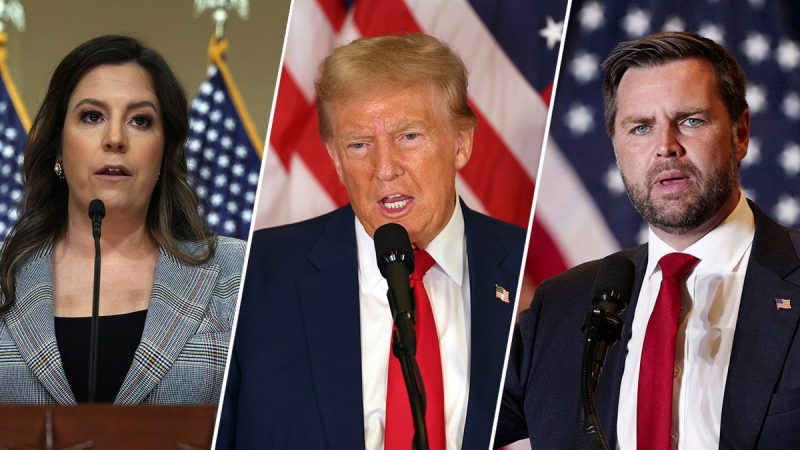In the aftermath of the recent debate, allies of former President Donald Trump have declared victory for their candidate while heavily criticizing the moderators for allegedly being biased in favor of Vice President Kamala Harris. The debate, which was expected to provide a platform for discussing key political issues, has instead sparked intense debate and controversy over the handling of the event.
One of the primary criticisms leveled by Trump’s allies is that the moderators displayed a clear bias in favor of Vice President Harris throughout the debate. They argue that the questions posed to Trump were overly aggressive and focused on his past controversies, while Harris was given more favorable treatment with softer questions that allowed her to present her positions in a more positive light. This perceived bias has raised concerns about the fairness and impartiality of the moderators in facilitating a balanced and constructive debate.
Furthermore, Trump’s allies have accused the moderators of being aligned with what they describe as pro-Kamala activists. They claim that the moderators’ behavior and questioning reflected a preconceived agenda to undermine Trump and promote Harris, thus tilting the debate in her favor. This allegation has fueled frustration among Trump supporters and reinforced existing perceptions of media bias and partisanship in the political arena.
Additionally, Trump allies have taken issue with what they perceive as a lack of focus on substantive policy issues during the debate. They argue that the moderators failed to delve deeply into important topics such as economic policies, healthcare, immigration, and national security, instead opting for sensationalist questions designed to provoke emotional responses rather than informed discussion. This departure from crucial policy discussions has been criticized as a missed opportunity to address pressing issues facing the nation.
In response to these criticisms, supporters of Vice President Harris maintain that the moderators were fair and even-handed in their approach. They contend that the questions posed to both candidates were intended to elicit thoughtful responses and provide voters with meaningful insights into their positions on critical issues. Moreover, they refute claims of bias and assert that the moderators acted professionally and impartially throughout the debate.
As the dust settles on this contentious debate, the conflicting narratives surrounding the moderators’ conduct and the perceived bias against Trump raise important questions about the role of media in shaping political discourse. The episode serves as a reminder of the importance of impartiality, fairness, and objectivity in facilitating meaningful political debates that inform and engage the public. Moving forward, it is essential for moderators and media outlets to uphold these principles to ensure a healthy and robust democratic process.

